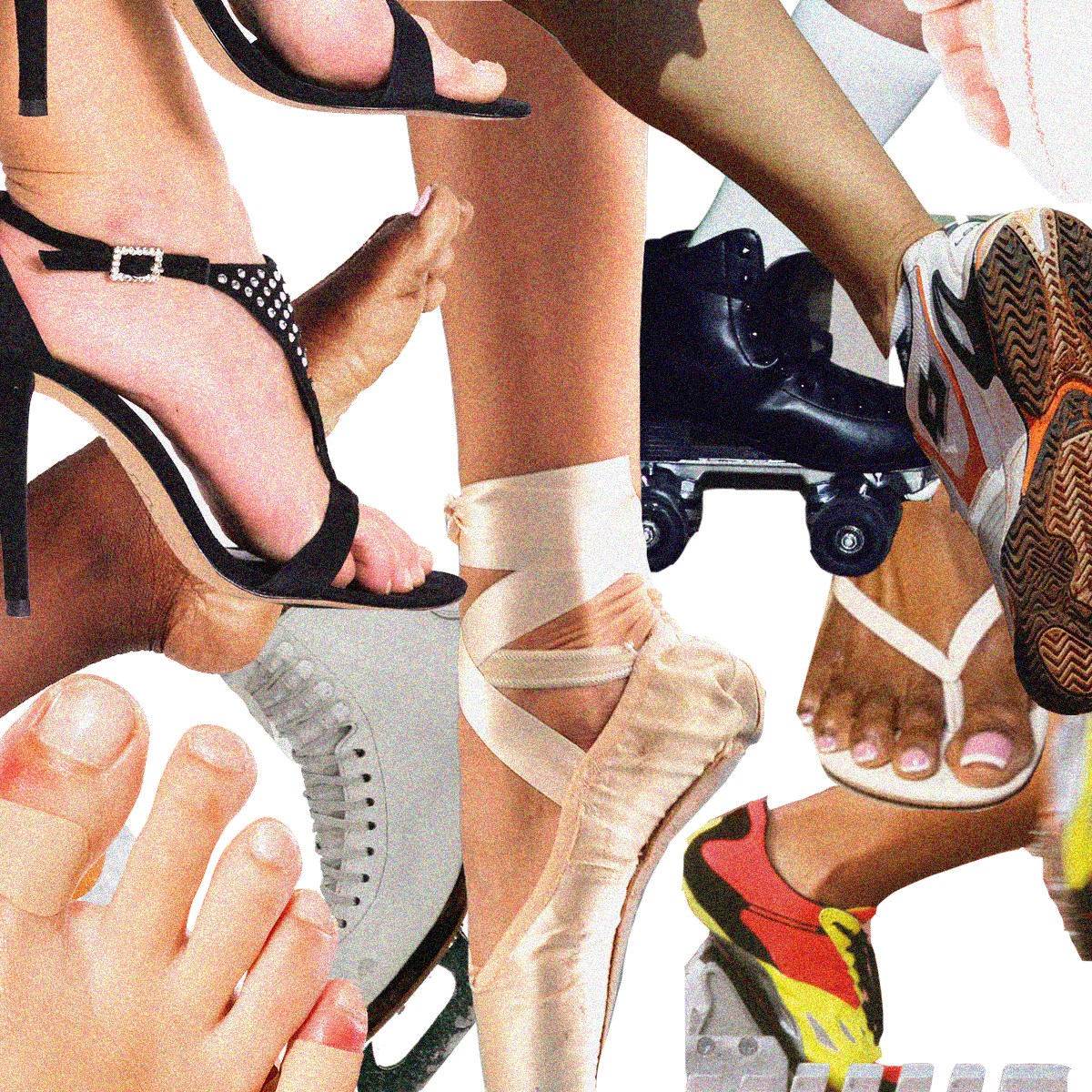Health-fitness
Stay healthy with workout tips and nutrition advice from the health experts at Marie Claire.
-

Sip, Glow, Repeat: The Cult-Favorite Drink That's Redefining Beauty Nutrition
Sponsor Content Created With The Collagen Co.
Treat yourself inside and out.
By Sasha Mironer Published
-

From Casual Jogs to Marathons, These Sneakers Will Help You Hit Your PR
Sponsor Content Created With Brooks
Elevate your performance.
By Emma Walsh Published
-
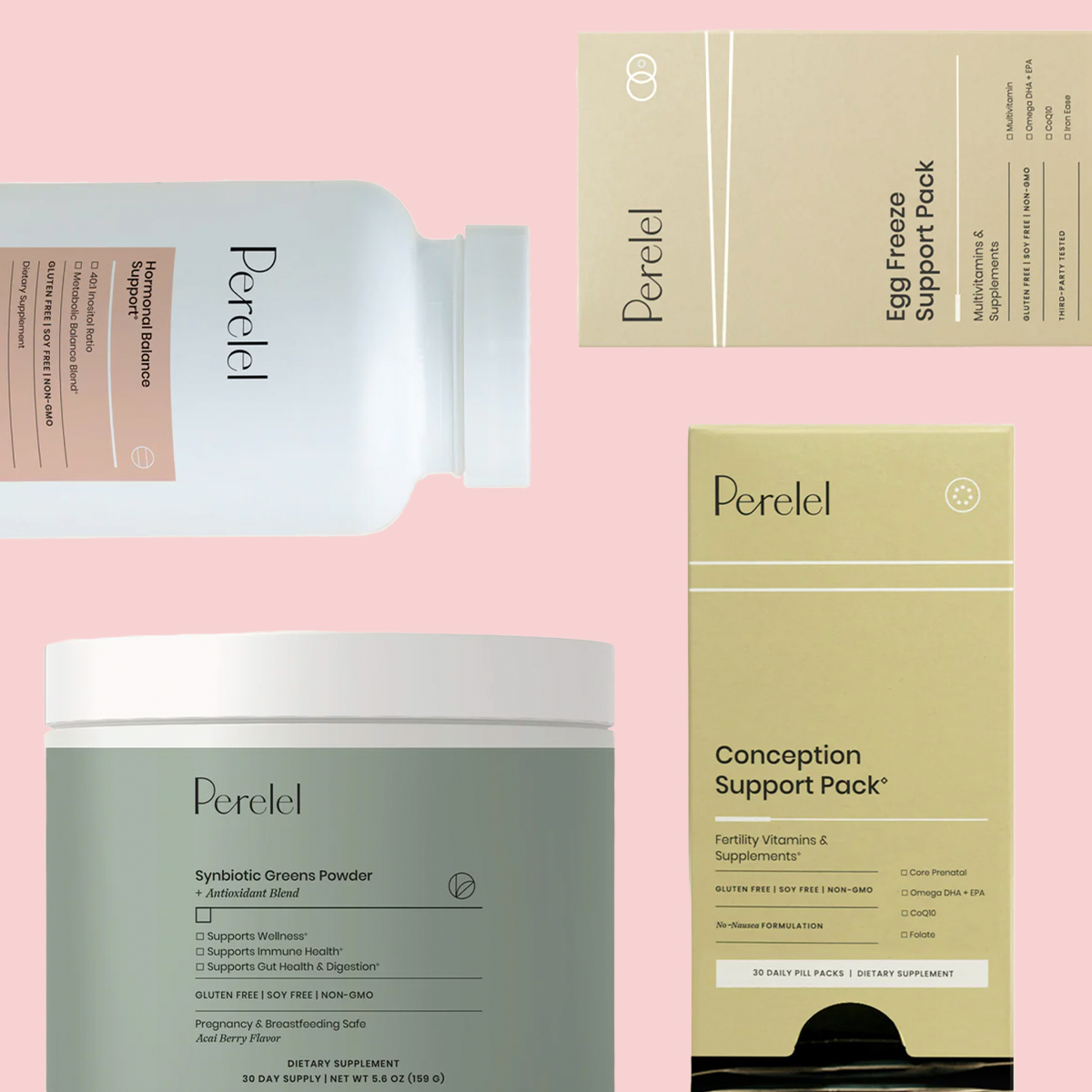
Trying to Conceive? These Fertility Supplements May Be the Answer
Sponsor Content Created With Perelel Health
They're backed by a celeb-loved OB-GYN.
By Marie Claire Editors Published
-
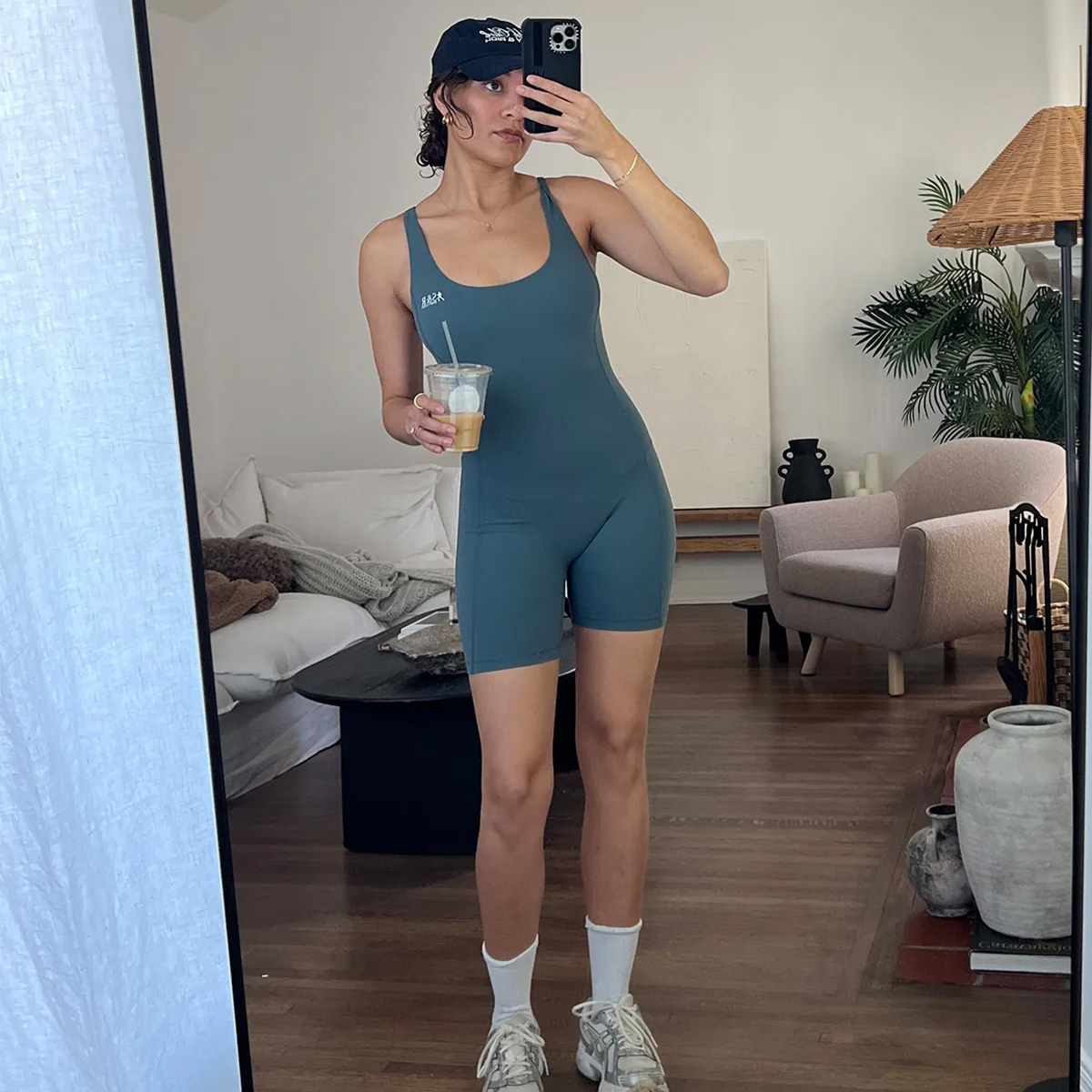
Entering Your Wellness Era in 2025? Here Are 15 Things to Get You Started
Even the smallest changes can make a big difference.
By Anneliese Henderson Published
-
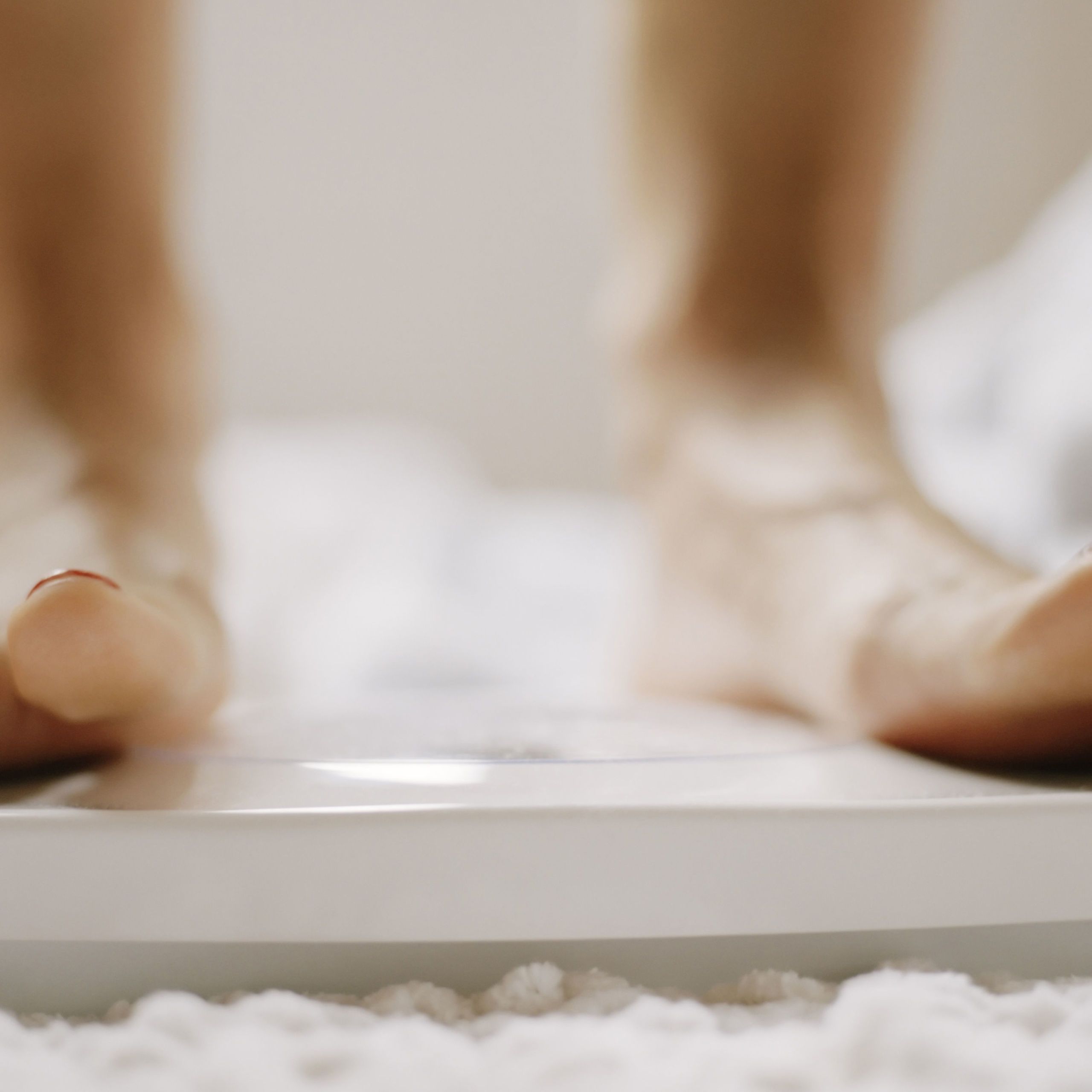
Every Diet That Actually Works Has These 10 Traits in Common
According to health and nutrition experts.
By Marie Claire Last updated
-

Your Serotonin Will Skyrocket After 20-Minutes in This Detox Blanket
Sweat it out on a daily basis.
By Samantha Holender Last updated
-
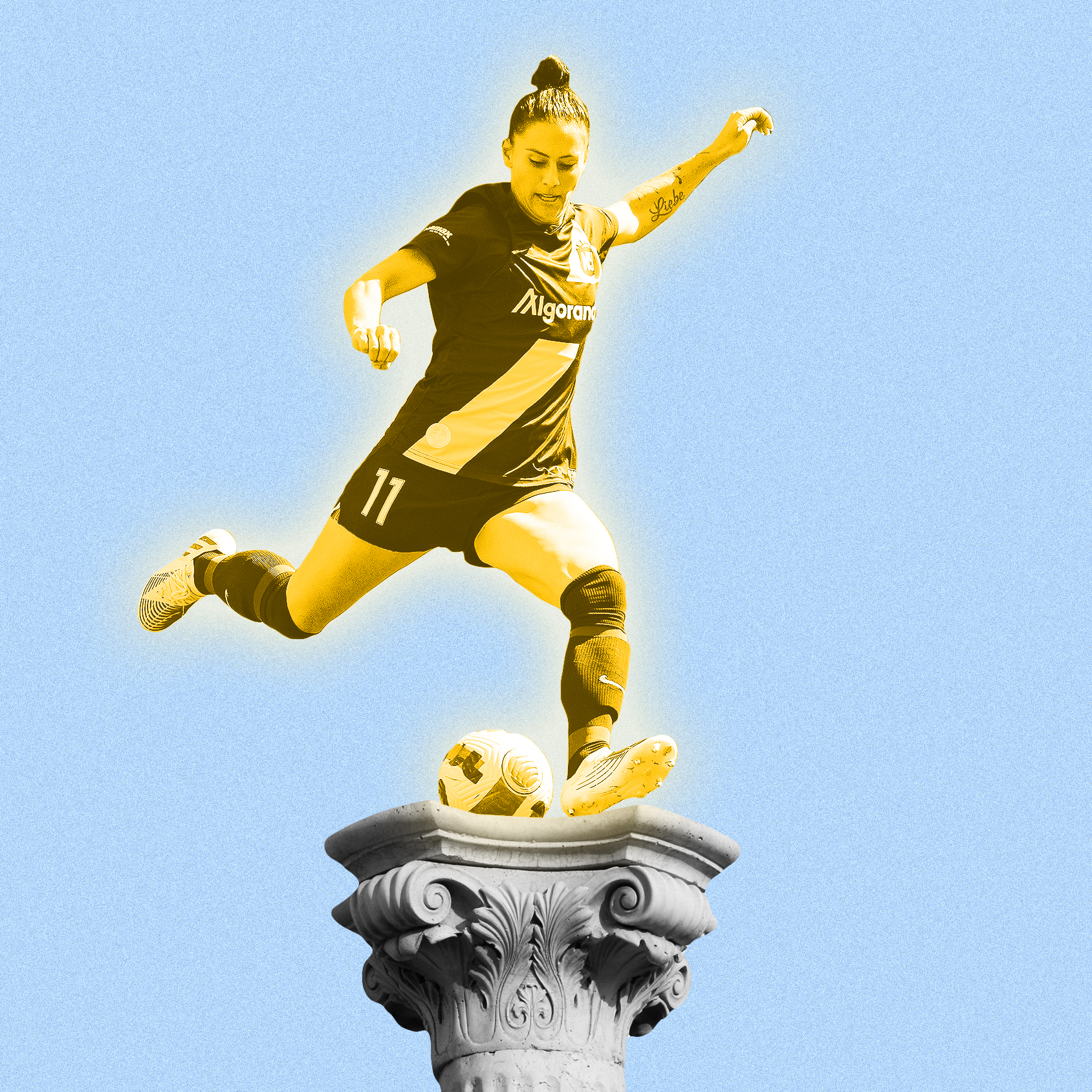
The Rise of the Middle-Age Athlete
Meet the competitors pushing their bodies beyond what is considered their "prime"—and winning.
By Emily Abbate Published
-
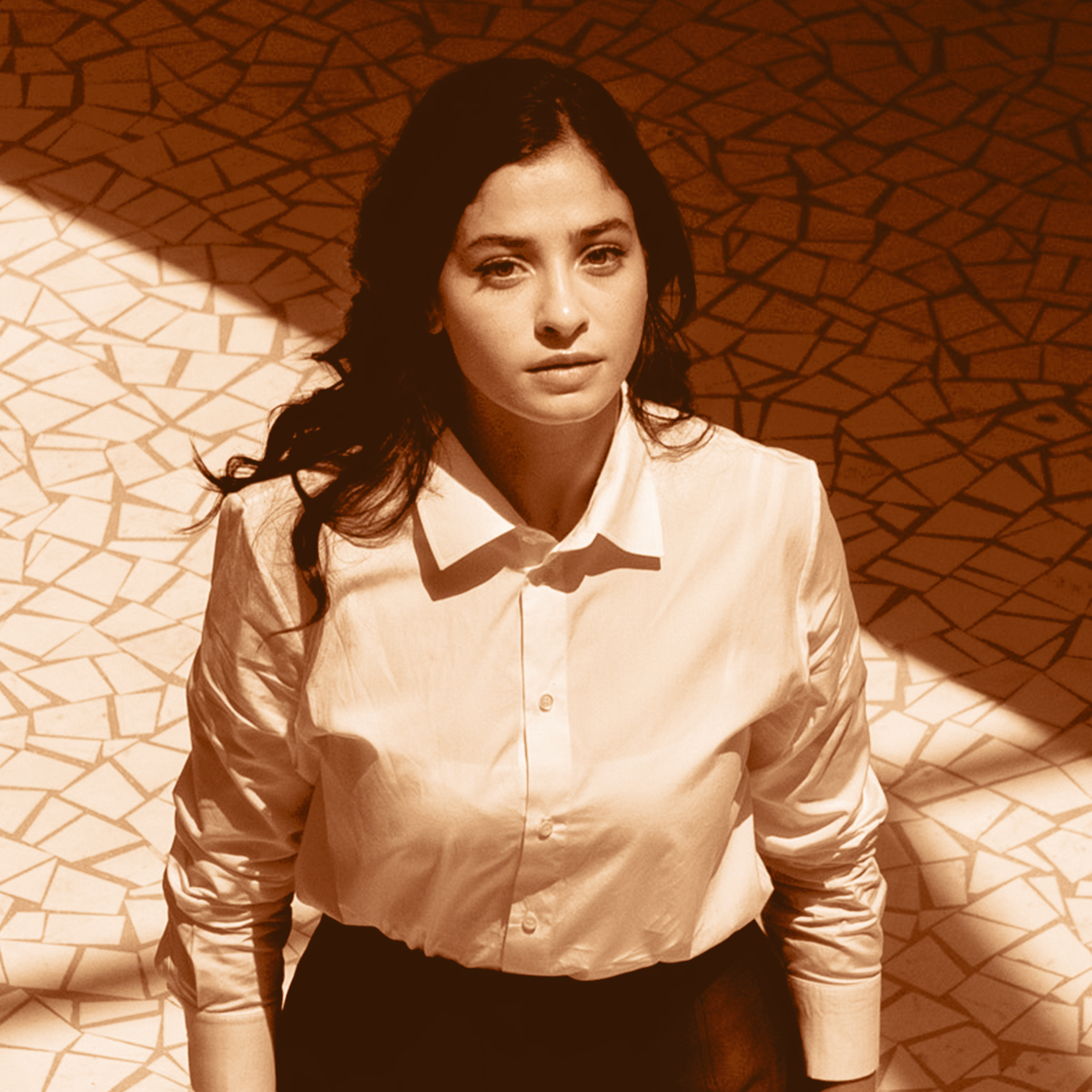
From Syrian Refugee to Two-Time Olympian
Yusra Mardini survived the unthinkable while fleeing her war-torn country. Then her dream of swimming in the Olympics came true.
By Galia Loupan Published
-
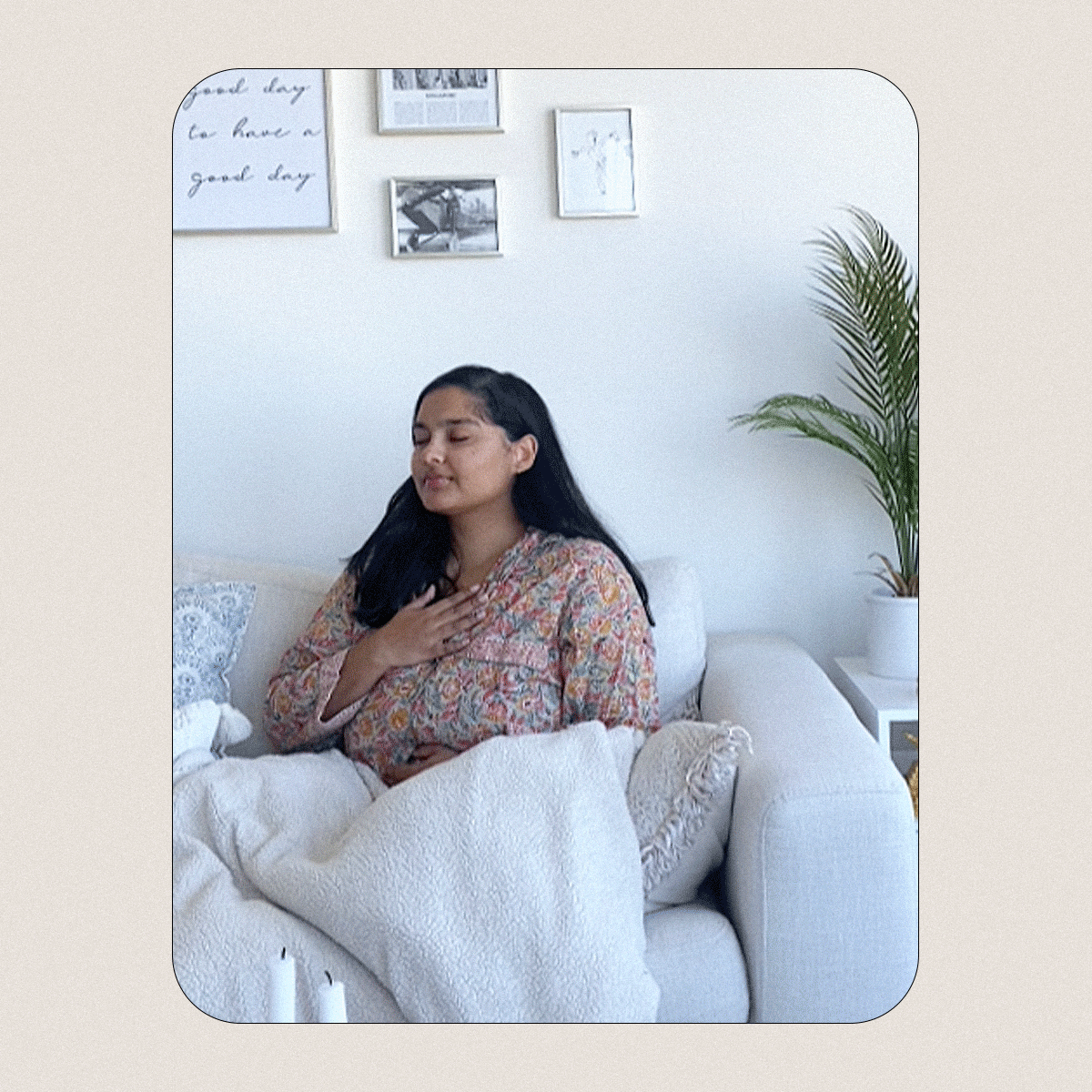
How I'm Redefining My Wellness Journey in 2024
Sponsor Content Created With The Honey Pot
By Aniyah Morinia Published
-
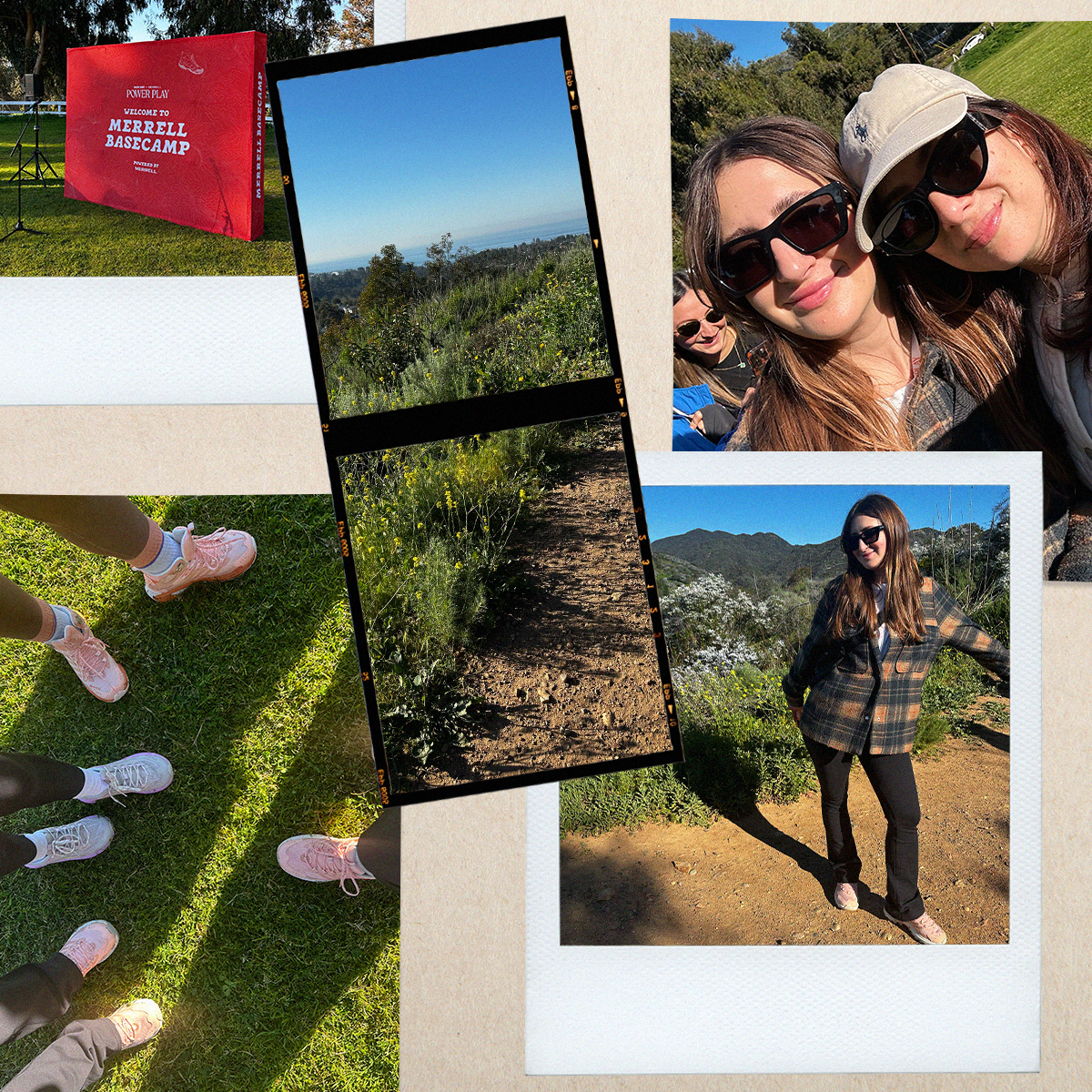
For a Complete Mind Shift, Go Hiking With Your Work BFF
Sponsor Content Created With Merrell
By Nayiri Mampourian Published
-
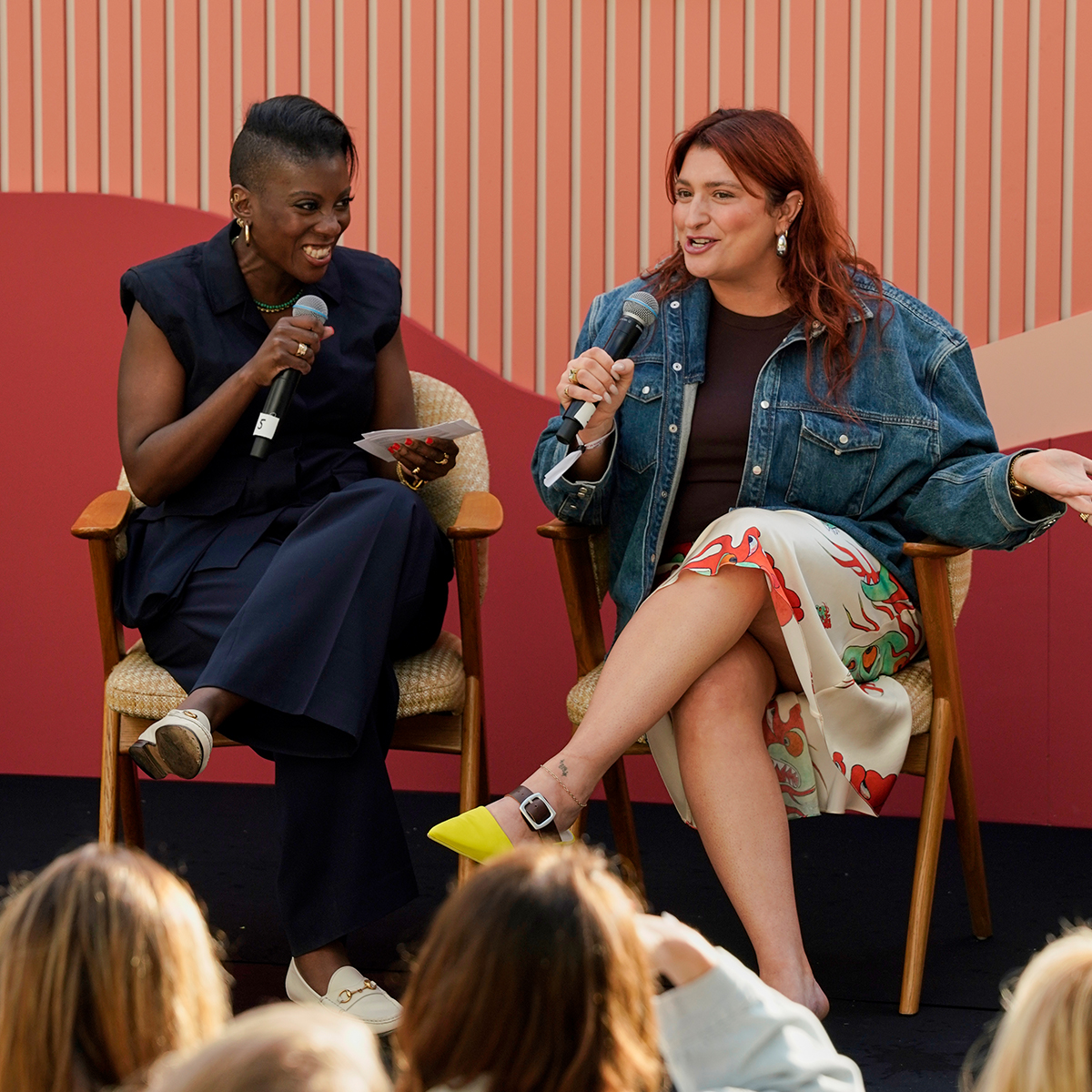
Plant-Based Feminine Care Products for the Win
Meet the brand that disrupted the feminine care space.
By Aniyah Morinia Published
-
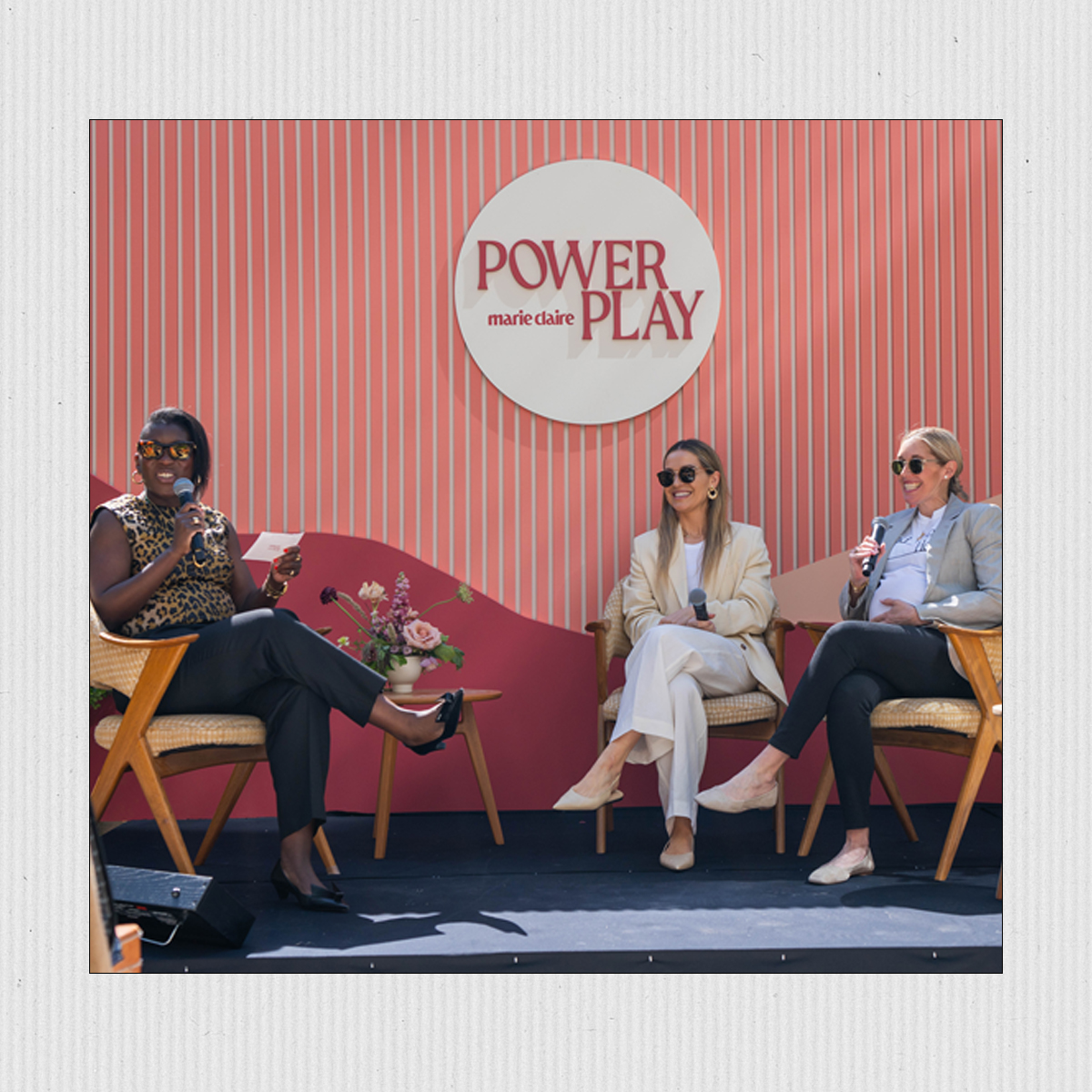
There's a Huge Gap in Women's Healthcare Research—Perelel Wants to Change That
The vitamin company has pledged $10 million to help close the research gap, and they joined us at Power Play to talk about it.
By Nayiri Mampourian Published
-

I Work Out 5 Days a Week—These Are the Brands I Wear on Repeat
Sponsor Content Created With Nordstrom
By Emma Walsh Published
-

Supporting Your Mental Health Is Self-Care—Here’s Where to Start
We found the right tool.
By Marie Claire Published
-
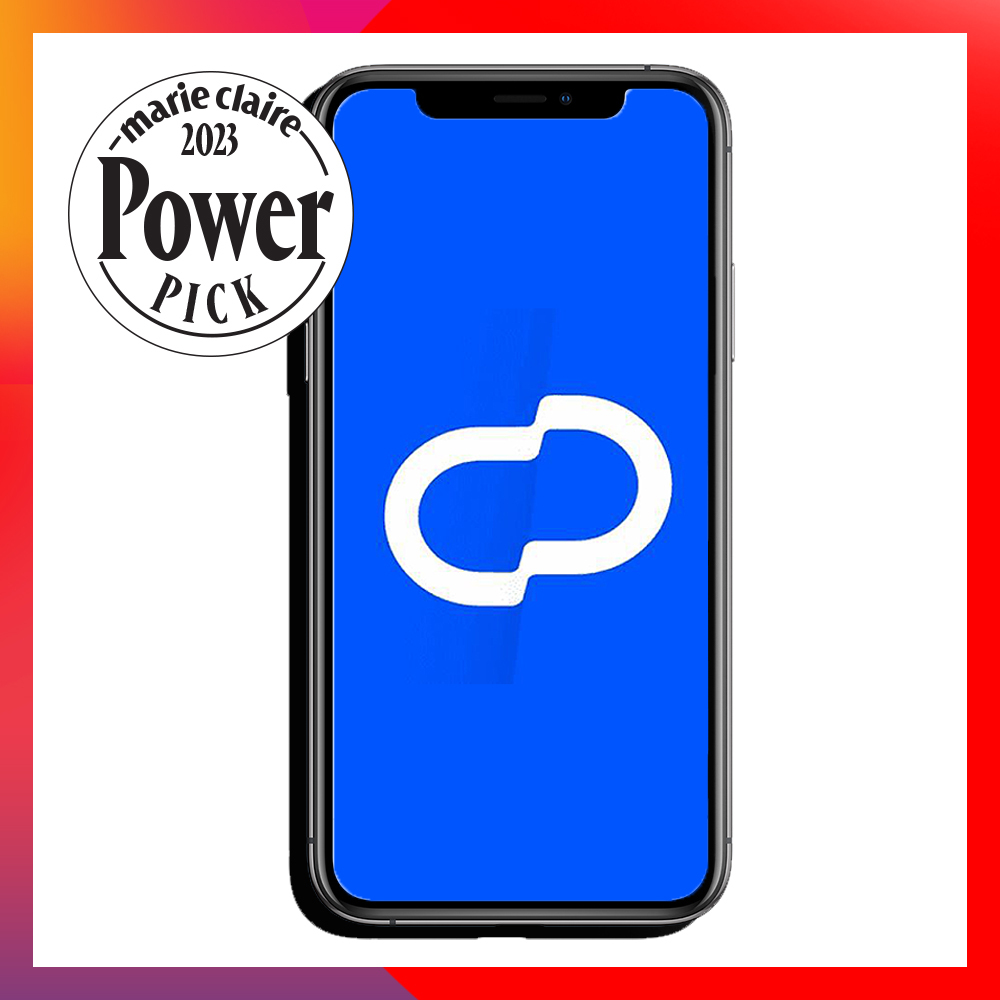
I Despised Working Out With Every Bone in My Body—Until I Tried ClassPass
It’s completely changed my approach to exercise.
By Samantha Holender Published
-
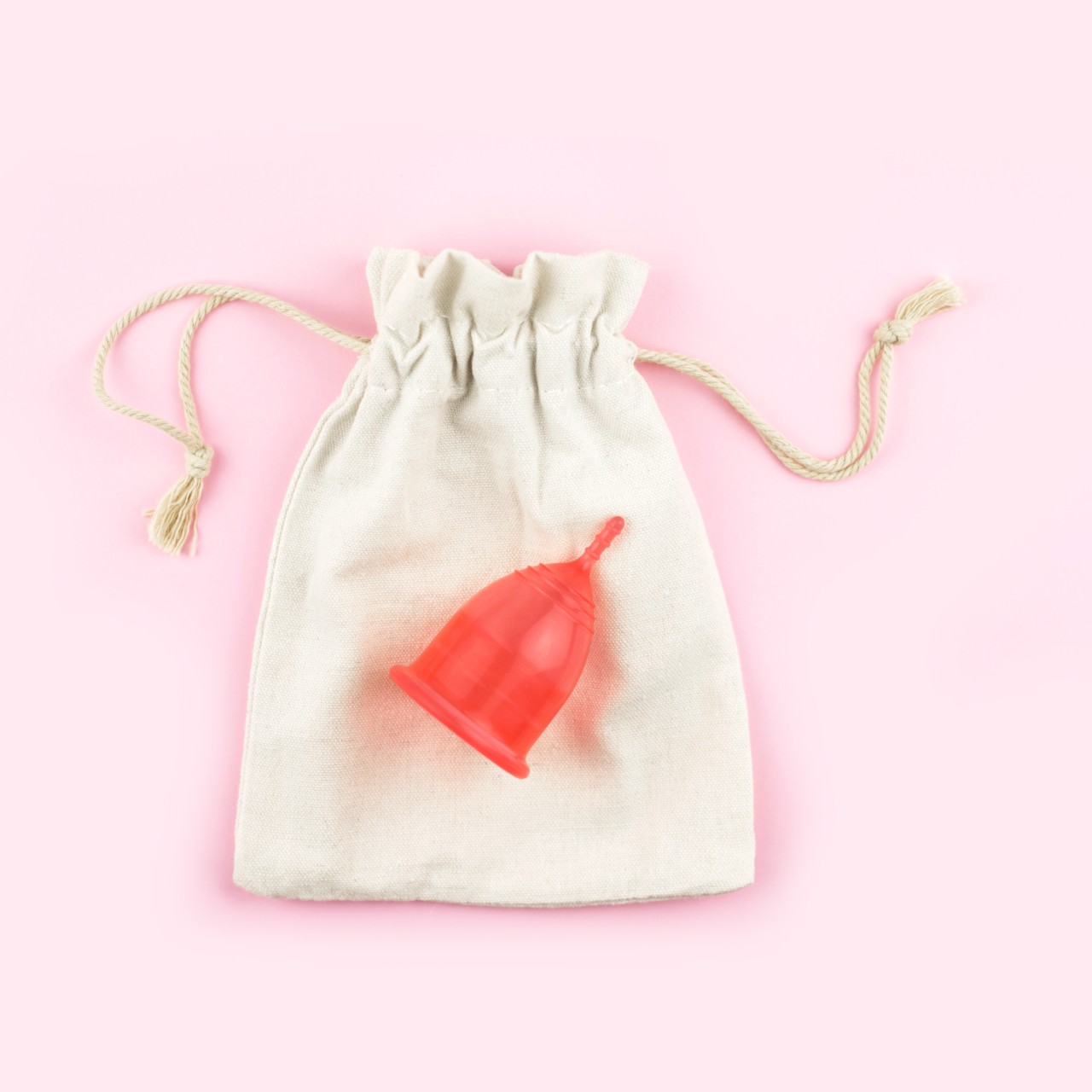
Eco-Friendly Period Products You'll Actually Use
Good for the planet, good for your wallet.
By Gabrielle Ulubay Last updated
-
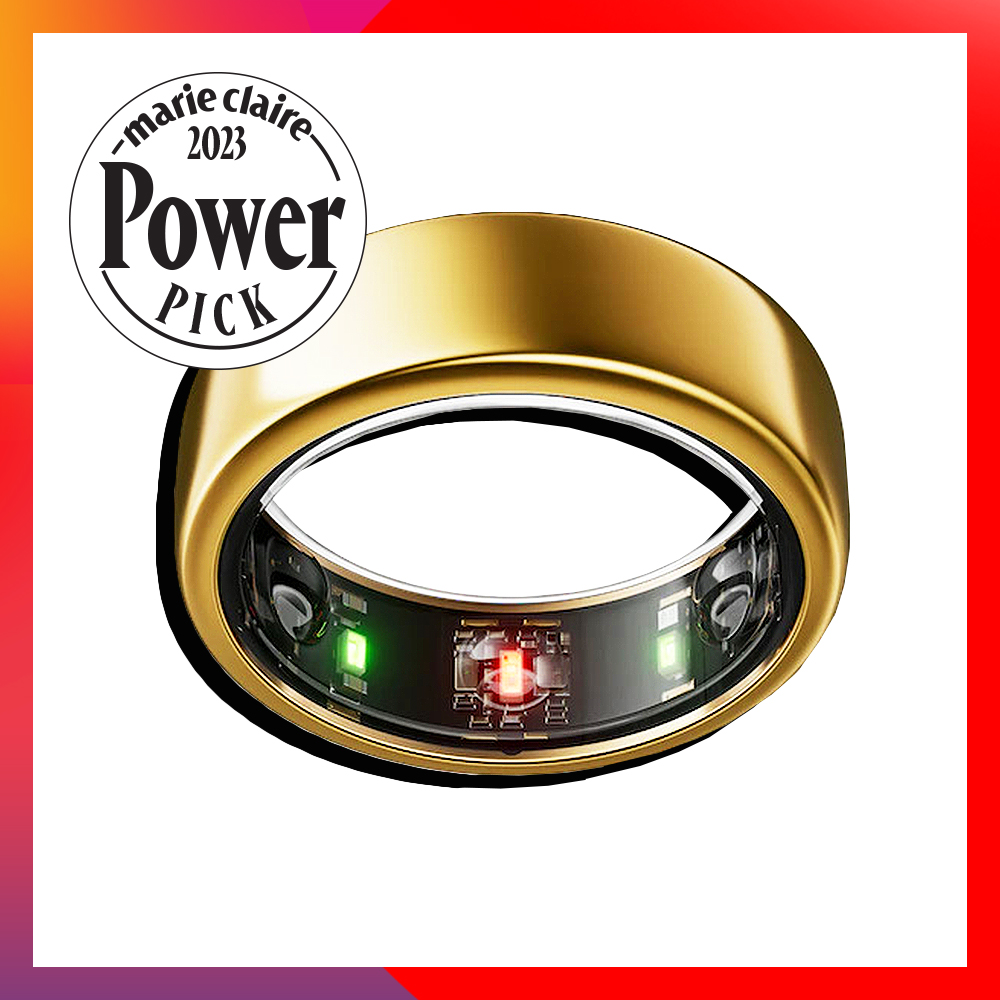
I Tested the Oura Ring Fitness Tracker Jennifer Aniston Loves—It Knew I Was Getting Sick Before I Did
Learn more about yourself by simply slipping on a ring.
By Brooke Knappenberger Published
-
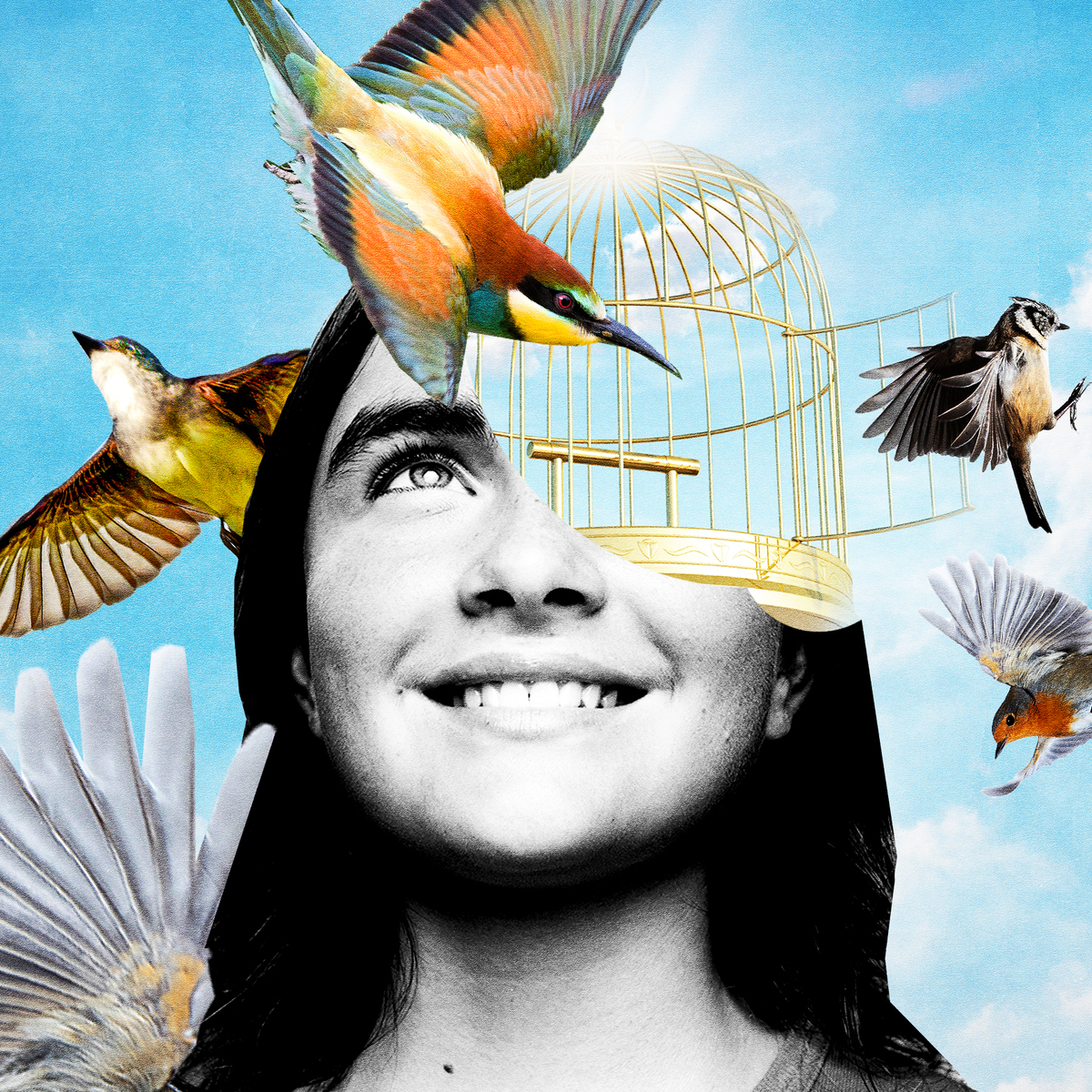
My OCD Diagnosis Set Me Free
Putting a label on my struggles has helped me make the illogical logical.
By Gabrielle Ulubay Published
-
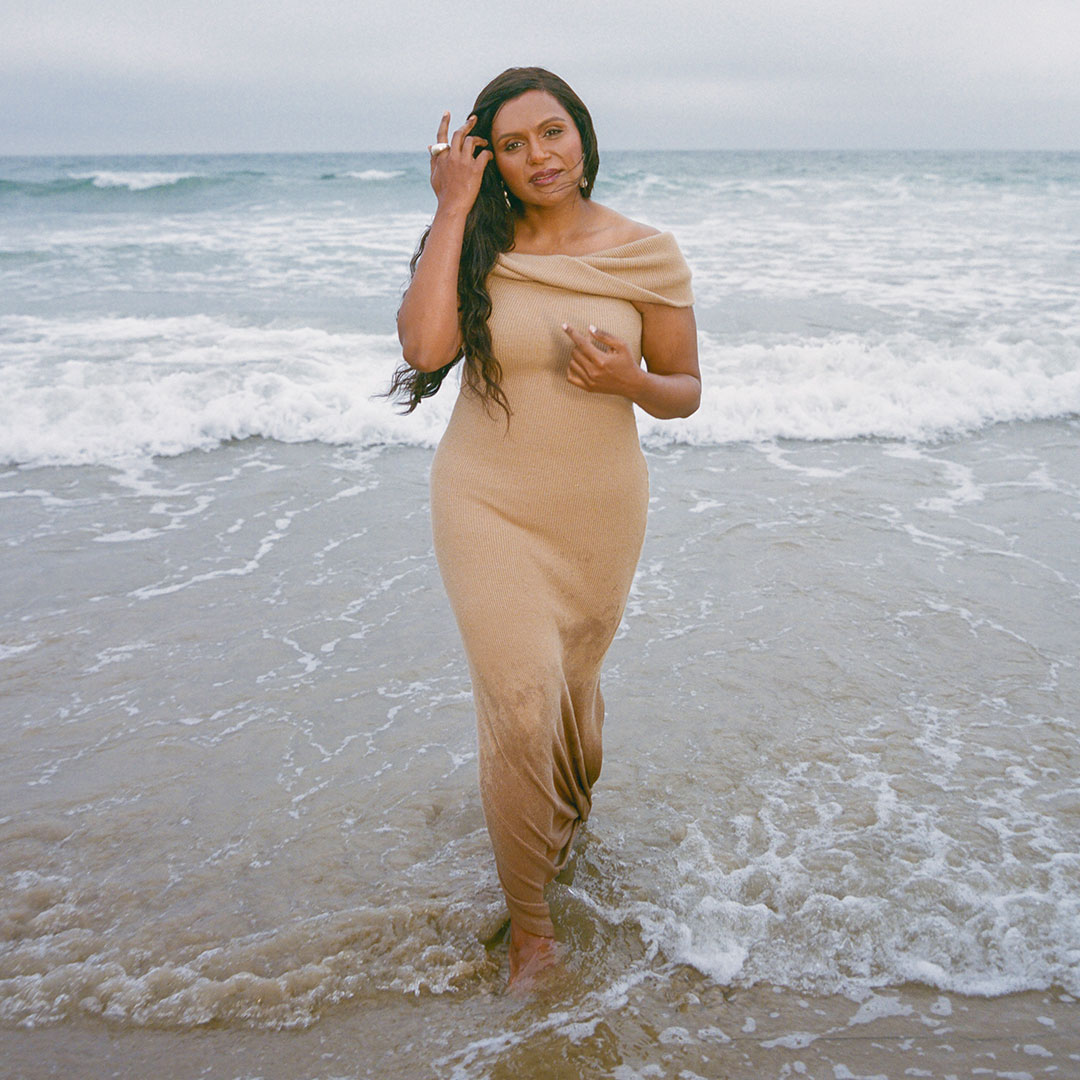
The Wellness Issue
Looking at women's health through a new lens.
By Marie Claire Editors Published
-
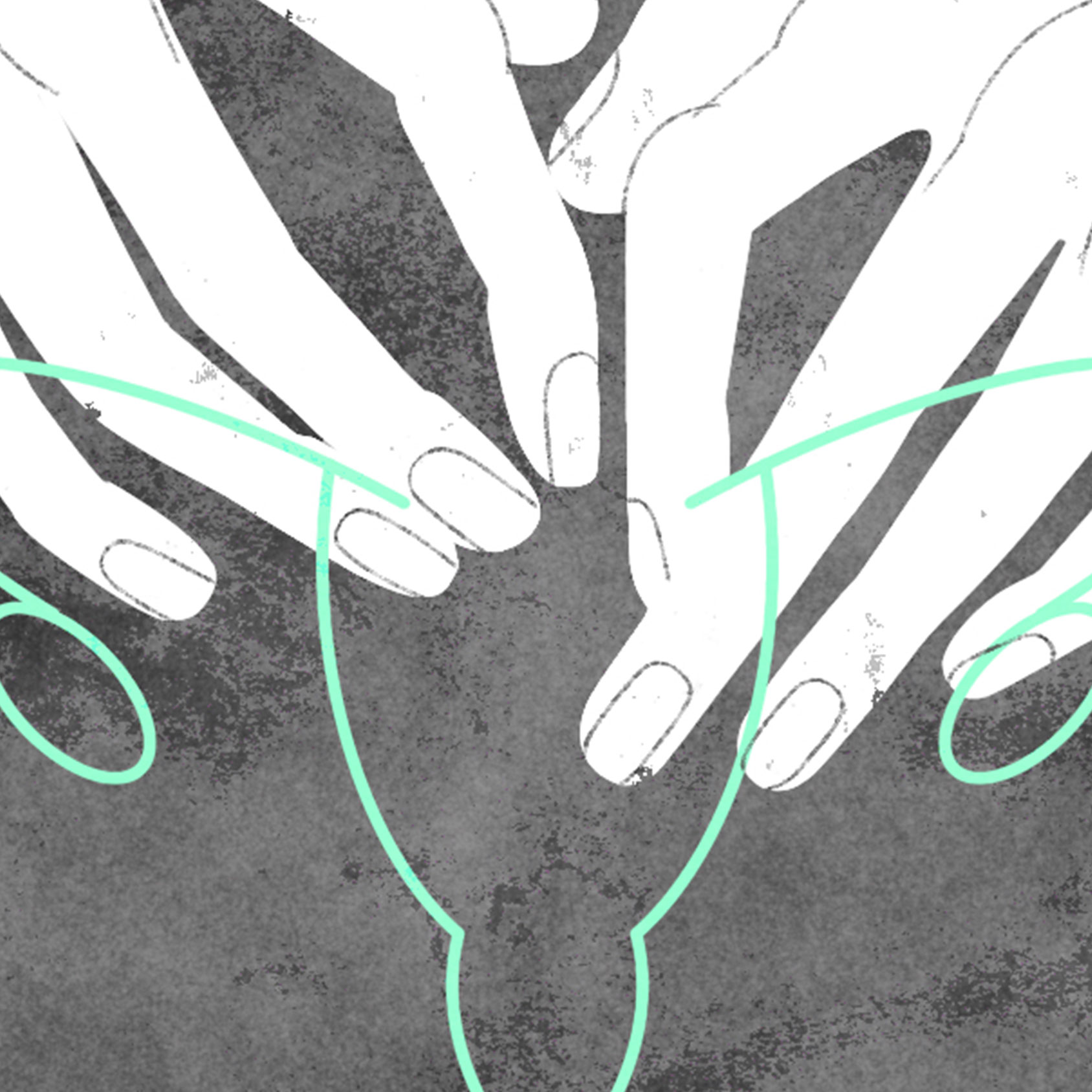
The Heaviness of Hysterectomy
Removal of the uterus can have consequences that go far beyond the physical.
By Maria Ricapito Published
-
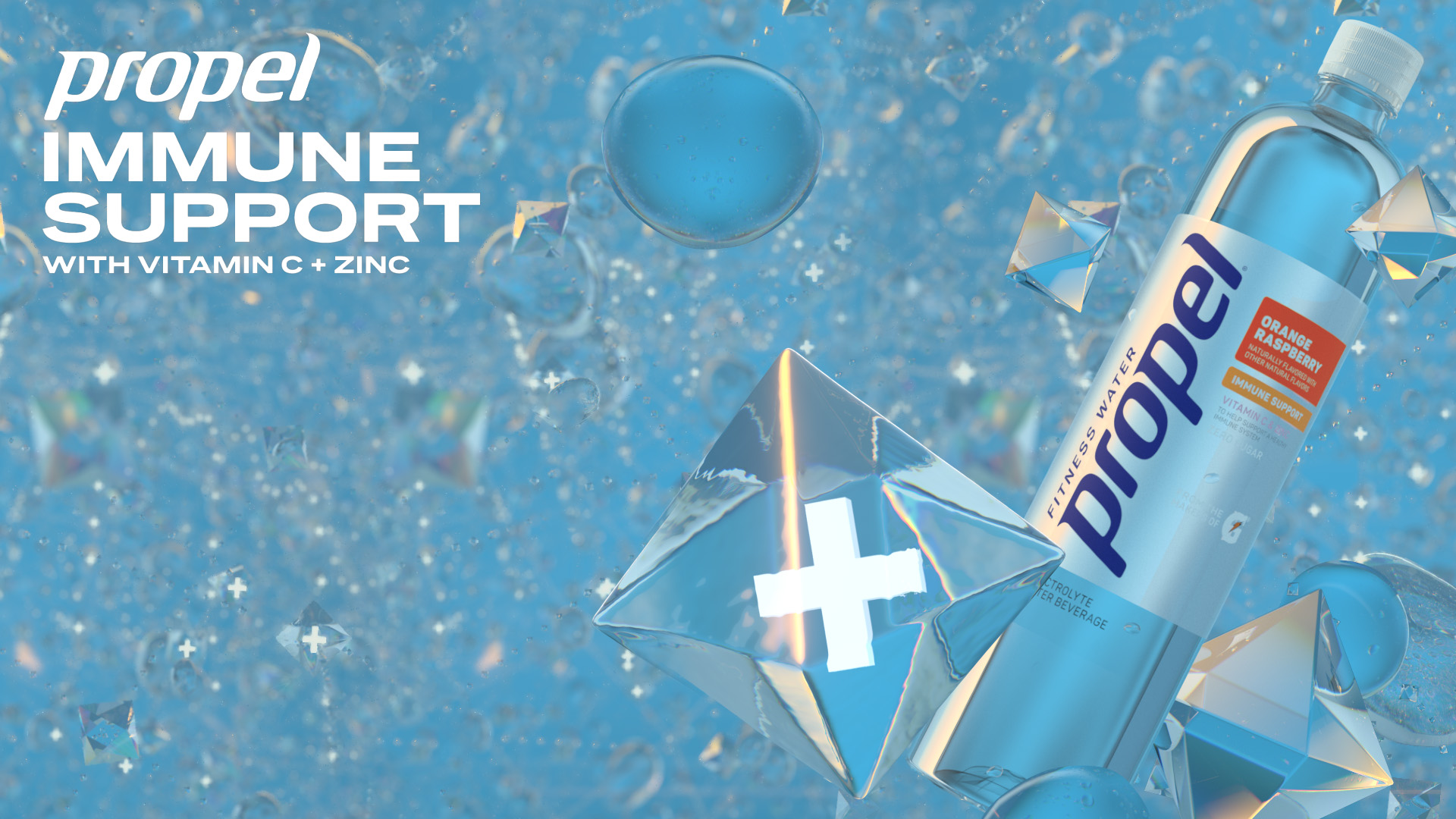
Channel JOWO—the Joy of Working Out—With Propel Fitness Water
Propel's JOWO campaign features free fitness classes, community giveback...and the chance to win workout swag.
By Sponsored Published
-
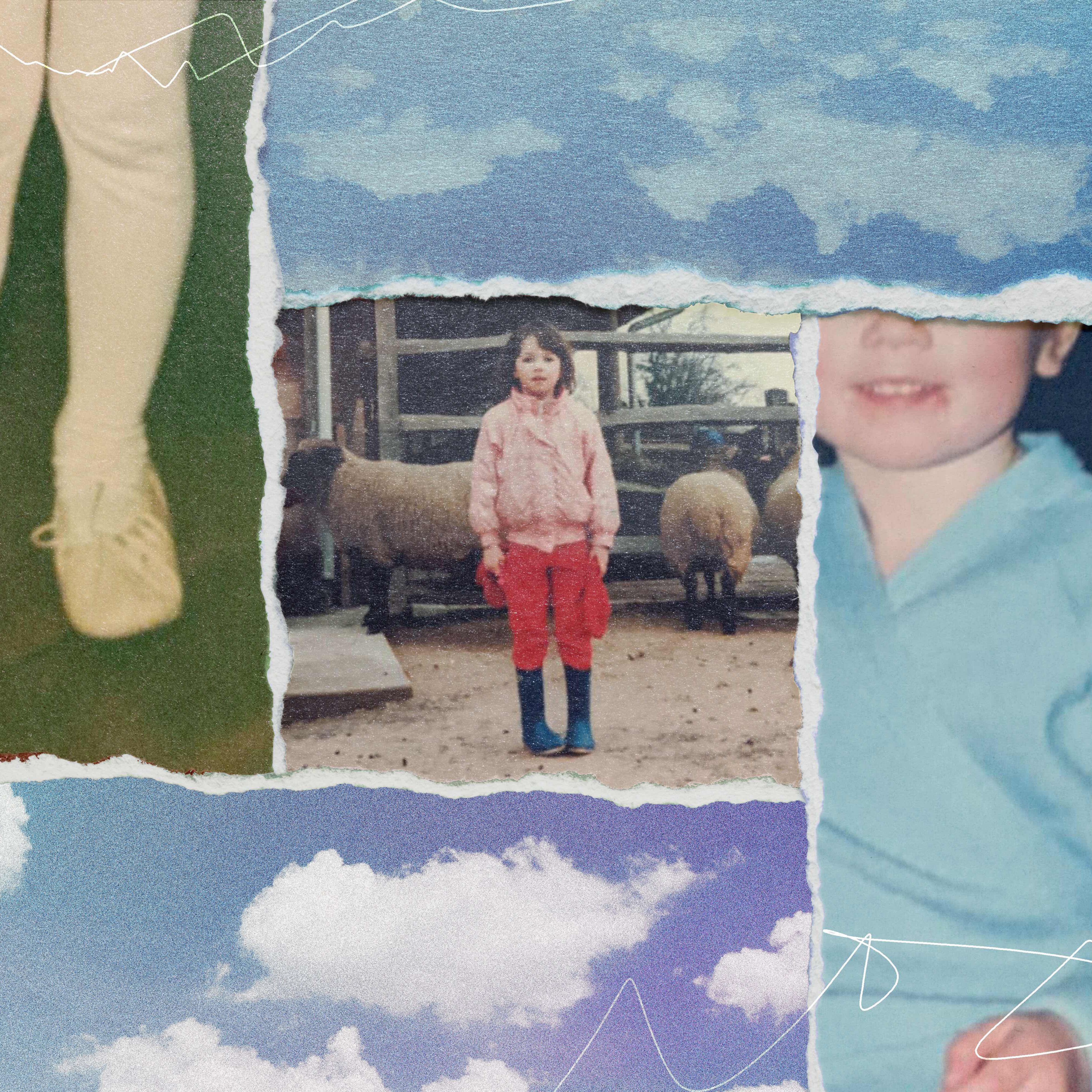
Millions of Americans Have My "Invisible Disability." You’ve Probably Never Heard of It.
Developmental coordination disorder (DCD) can make daily life a struggle. So why isn’t it better known?
By Jenny Hollander Last updated
-

Power Pick: SoulCycle's At-Home Bike Gets Close to the Real Thing
Just ride.
By Sara Holzman Last updated
-
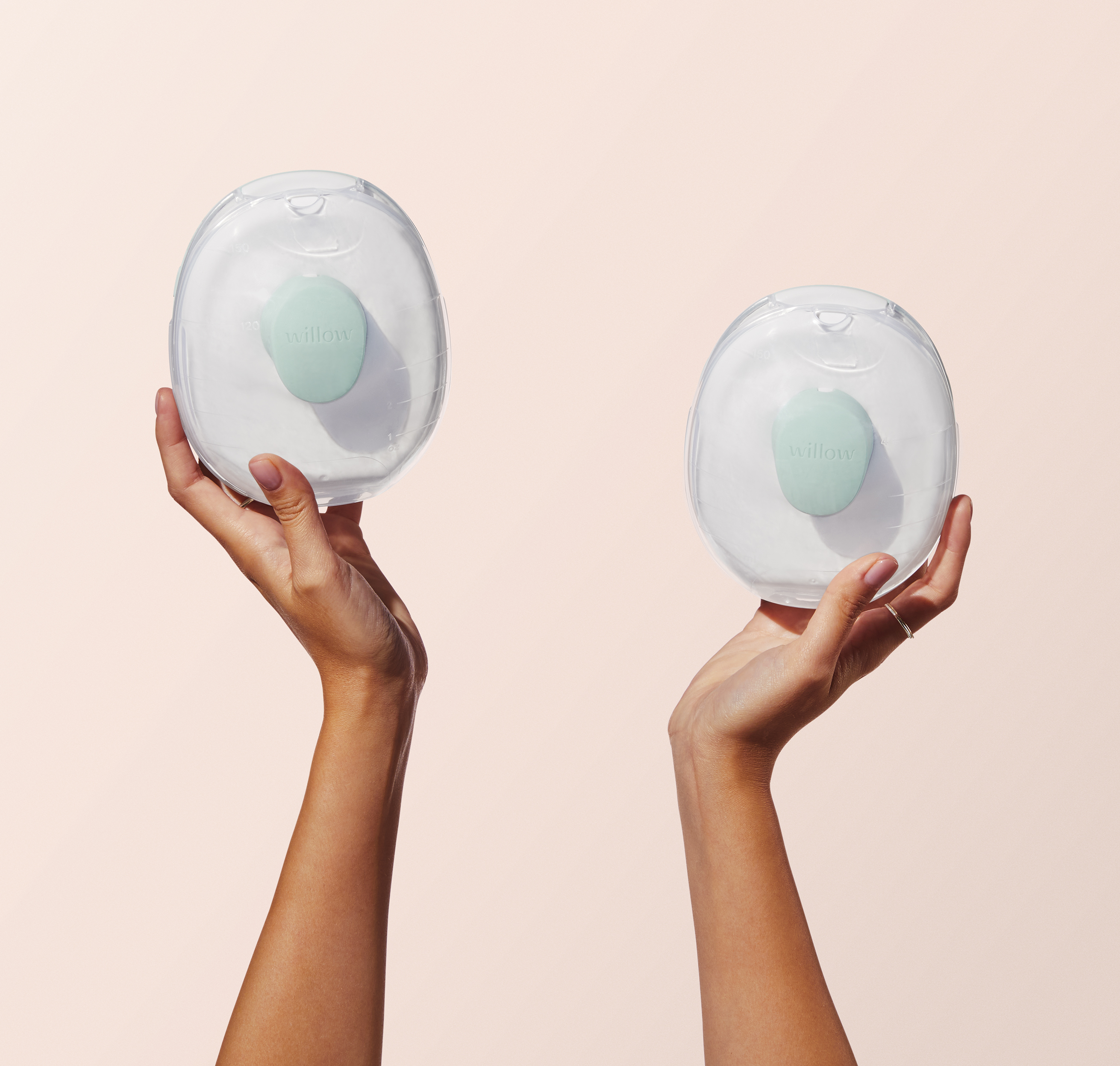
Moms Deserve Better. Willow® Is Determined to Help Them Feel Supported
When babies are born, everyone focuses on them. But a mother needs support too.
By Sponsored Published
-
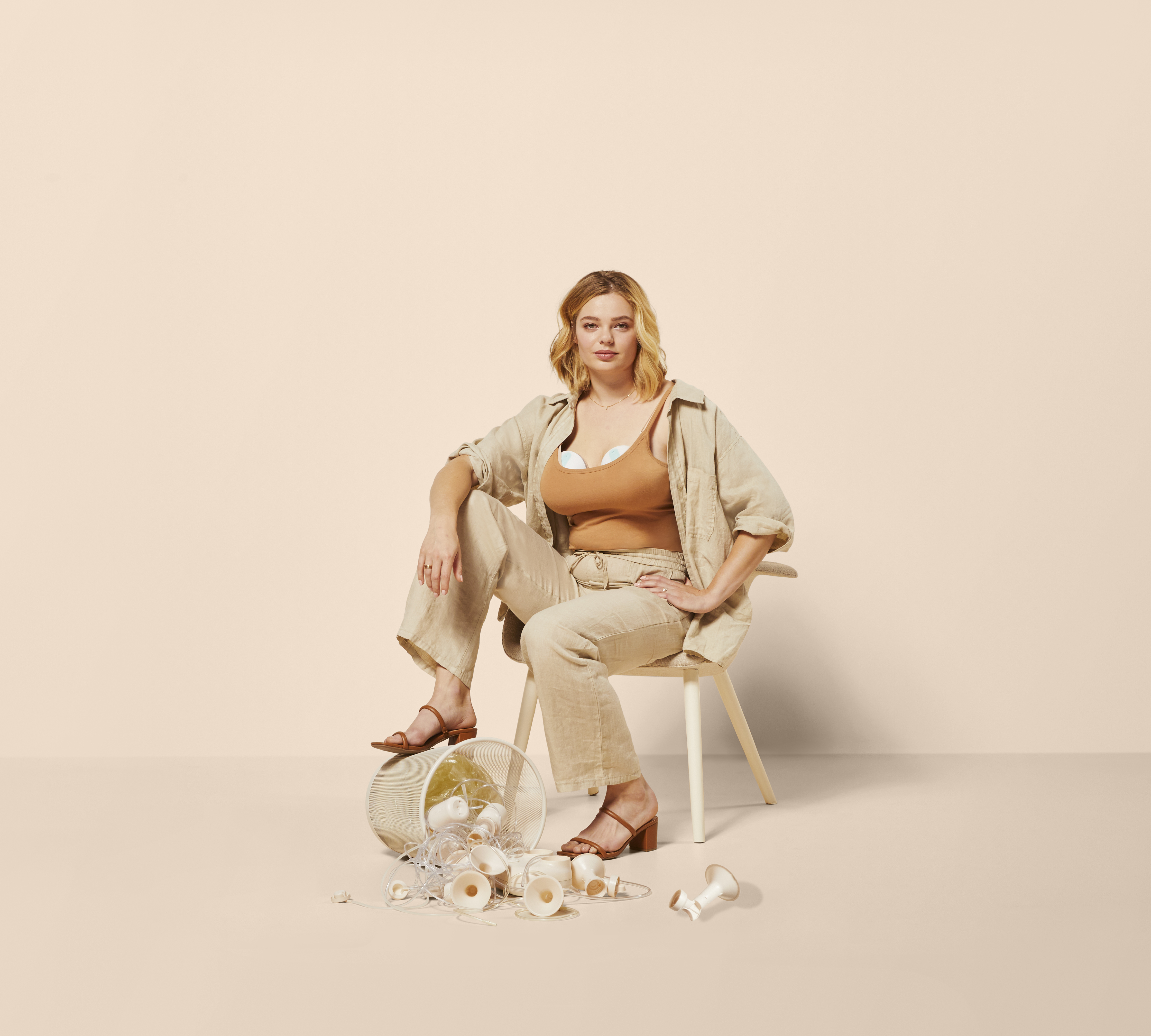
With Its "Register for More" Campaign, Willow® Asks, 'What Do New Moms Need?'
The brand's registry for new parents features workplace toolkits, feeding and pumping schedules, and more.
By Sponsored Published
-
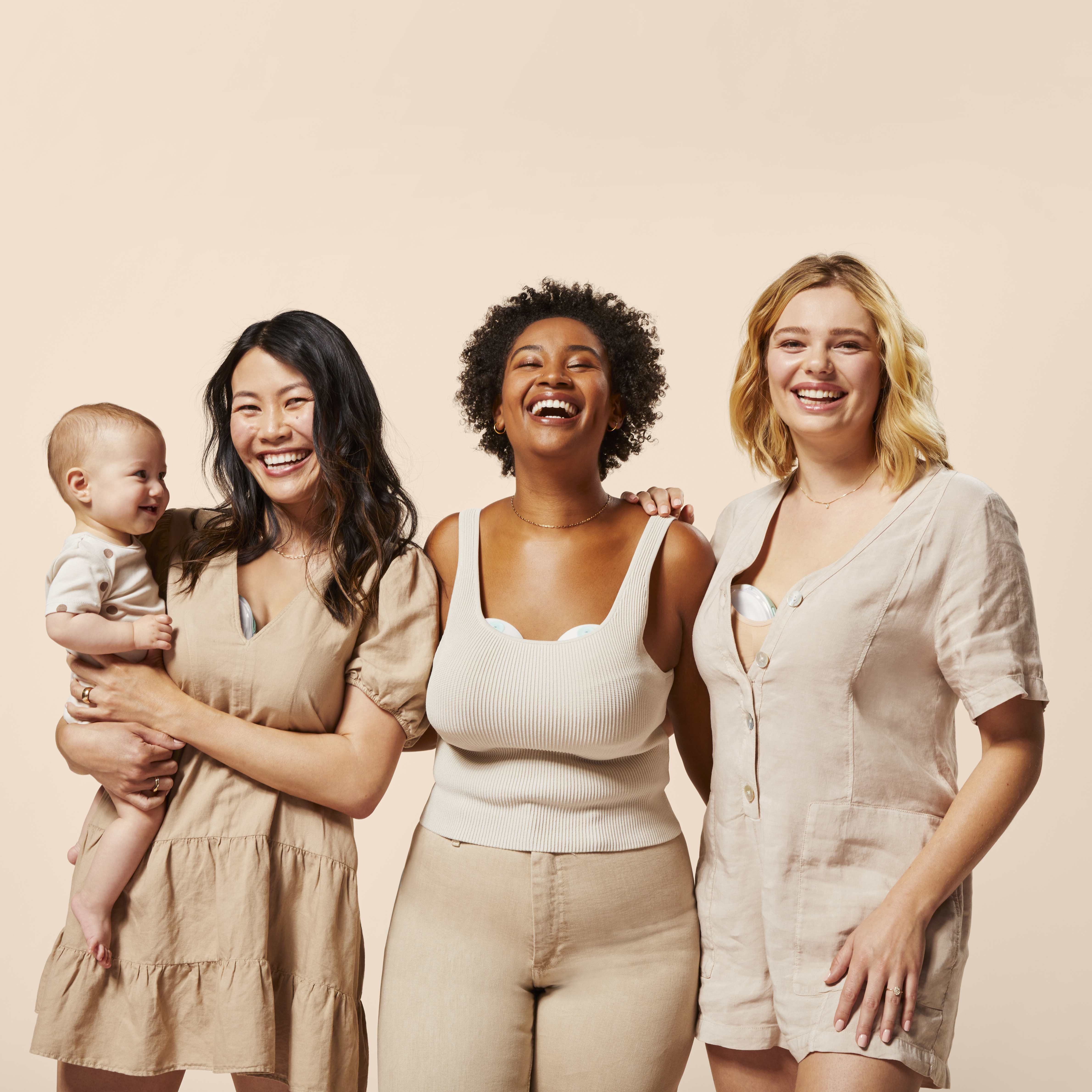
Power Pick: Willow® Breast Pumps Are Exactly What a New Parent Needs
Hands-free and cord-free pump options that allow you to live life—and pump.
By Sponsored Published
